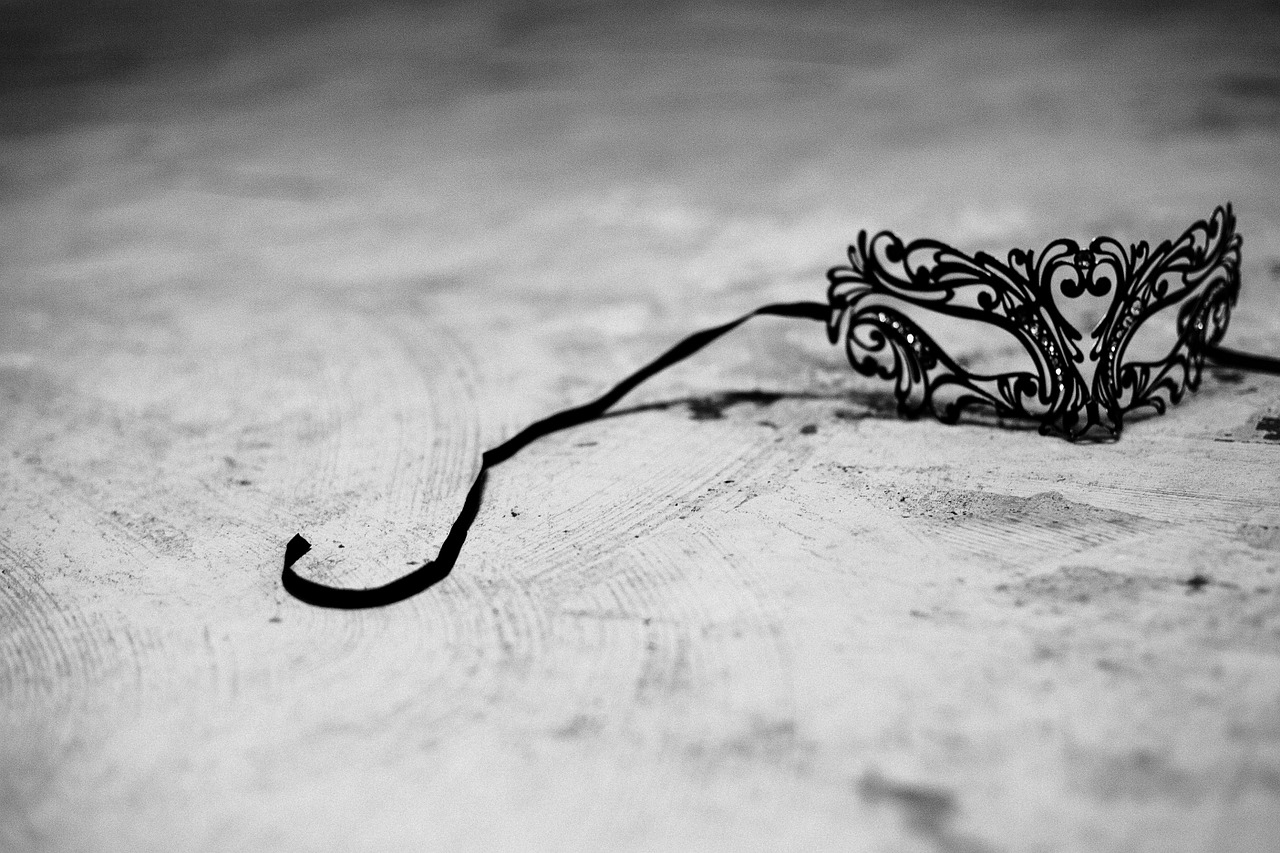
“The world is full of precious souls wearing masks to hide the pain”—Alfa
Happy Halloween from Journey to Joy Counseling! This week on the blog, we are going to talk about masks. Not Halloween masks, but rather the masks we wear EVERY SINGLE DAY. I love this quote from the poet Alfa because I think there is so much truth in it. We pretend to be okay on the outside, but on the inside, we hurt, are messy, and oftentimes unhappy. So what masks do we wear to compensate?
Perfectionism
Sometimes people who try to be perfect in everything actually feel pretty awful on the inside. What they want to project to everyone else is “I have it all together” (the mask they wear), but they don’t actually feel that way. It’s about the image they try to maintain. Perfectionism is not just about having a clean house, an organized desk, or a planner that is kept meticulously. Sometimes it’s more complicated.
People who struggle with perfectionism sometimes try to look perfect. They may obsess about their looks and weight. They may try to always say things perfectly. Perfectionists are perfect at work, in their marriage, and with their parenting. When perfectionists make a mistake, they struggle to move on from it. They may mentally beat themselves up, ruminate, and have anxiety because of it. But to everyone else, the mask they wear is perfection. Even if it is not realistic.
Addiction
Addiction is not just about being addicted to a behavior or a substance. Addicts often carry a lot more emotional baggage than anyone realizes. They may have a lot of shame, insecurities, and/or a history trauma or abuse. It’s not unusual for those who become addicts to not feel good enough on the inside. These strong, negative feelings can feel too big.
When an individual seeks out a high or something to act out on (shopping, sex, food, gambling, etc.), they are masking these strong, negative feelings. Addiction becomes a coping mechanism to help them alleviate and avoid their emotions. Addiction is also an escape from reality. When an individual is high, drunk, or acting out, they are wearing the mask of addiction to hide and protect themselves.
Addicts wear these masks to pretend they are someone else to avoid rejection from others and to avoid emotional pain. Addicts build a wall and keep everyone else out. Think about the ability to take a drink of liquid courage (alcohol) in order to decrease anxiety and to feel more comfortable in a room full of people. Or to take drugs to avoid feelings of shame and guilt. Maybe it’s exercising excessively to numb the feelings of hating our bodies. Or eating food to numb the feelings of loneliness and negative self-esteem. Addicts perfect the art of wearing masks.
Anger
Have you ever met someone who has so much anger and rage, that you avoid being around them? There is a good chance this person is wearing the mask of anger. Sometimes the strong, negative feelings we’ve discussed can become toxic within a person. Right or wrong, some people want to get rid of these feelings, and the way that they do so is by projecting it on others. They want everyone to feel just as miserable as they do. They project their own insecurities, loneliness, fear of rejection, and unhappiness onto other people.
Anger also keeps people at an arm’s length. When you don’t feel good about who you are, lack confidence, or feel shame, you don’t want people to get too close. Anger keeps people away. It’s the least vulnerable emotion. When you show anger to others, they don’t typically think to themselves “Oh they must really be hurting”. It keeps people from getting too close to you to see the vulnerable parts of you.
Happiness
“I know all about scars. I’ve perfected the art of covering them up. You see, my smile is the mask I wear 365 days a year”—Alfa
Have you ever pretended to be happy when you weren’t? Or pretended that you are “fine”, “okay”, or “alright”? We fake happy all the time. It’s probably the most popular mask we wear. It’s the great deception. We wear the mask of happiness because it’s the most acceptable way to be. When we ask people “How are you?” we don’t really want them to answer truthfully. No, we ask because it’s the polite thing to do. We expect them to answer “Good”, and then to move on.
Wearing the happy mask keeps others thinking that we are okay. It keeps people from knowing that we are actually stressed, depressed, anxious, and unhappy. It keeps us from showing any vulnerability at all. Happy is a façade, and it’s one that we all accept. Many, many people utilize this mask without realizing that it keeps us from connecting with other people. Pretending to be happy keeps us from living authentically with others.
How to take off your masks
“Sometimes it’s not the people who change, it’s the mask that falls off”— Haruki Murakami
If you want to have a real, connected, fulfilling life, you have to take off your masks and be vulnerable with others. This requires a lot of self-awareness and being intentional. The antidote to experiencing shame is to be vulnerable with others and to live authentically. Find people who are safe, and work to slowly take off your mask with them. Build trust and community with them.
If you’re reading this and realize your masks are no longer working for you, please reach out for help! You don’t have to walk this alone. Therapy is a safe and non-judgmental space to work on slowly letting go of the masks you wear.
Have a safe and fun Halloween!
Written by Christy Fogg, MSW, LCSW
*Christy Fogg, MSW, LCSW is a licensed therapist at Journey to Joy Counseling in Carmel, Indiana. Christy enjoys doing marriage/couples counseling, individual counseling, premarital counseling. She also provides family counseling, teen and adolescent counseling.



